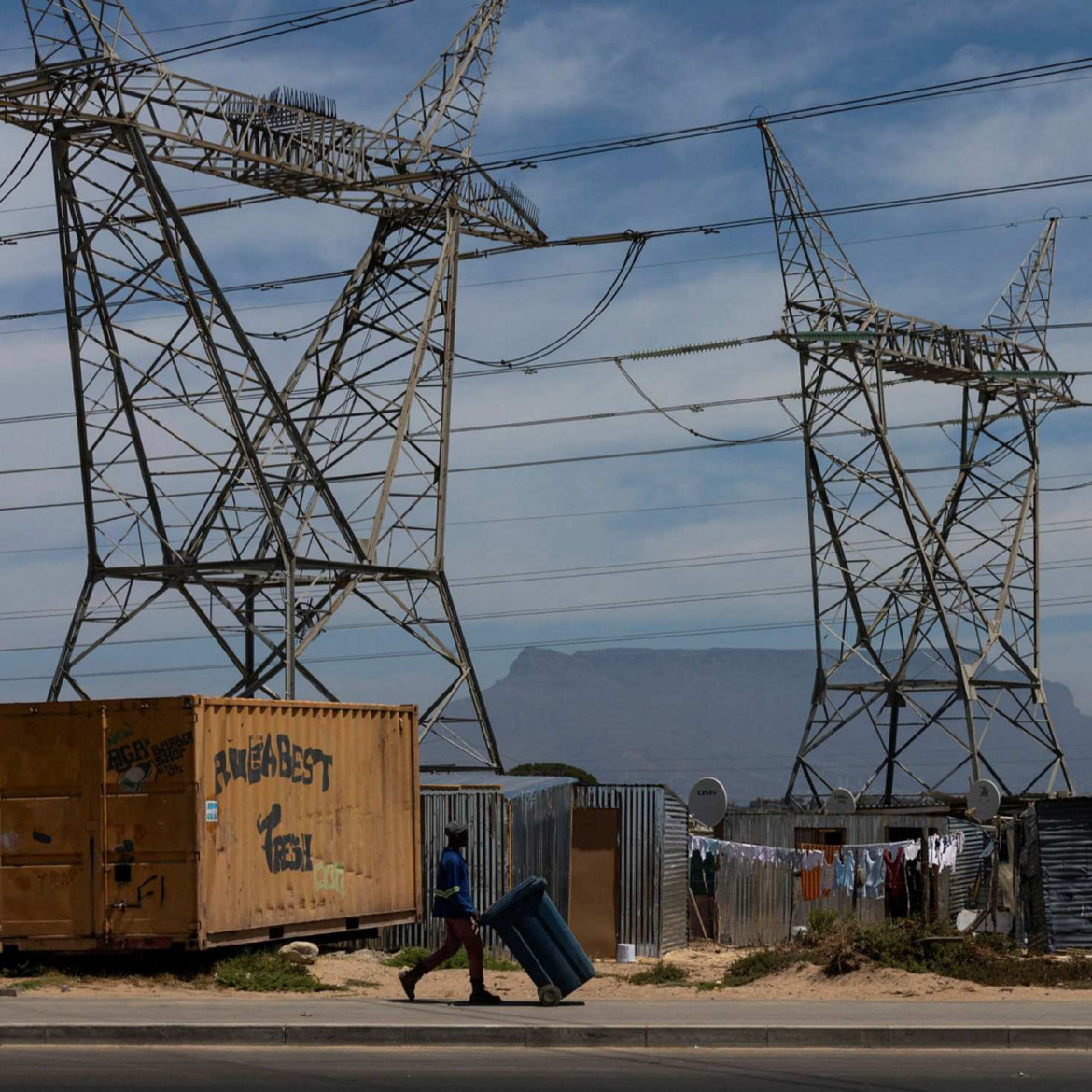The South African Local Government Association’s (Salga) head of energy, Nhlanhla Ngidi, has called for a thorough examination of the nation’s Free Basic Electricity (FBE) program. During a roundtable discussion commemorating 30 years of South Africa’s democratic transition, Ngidi attacked the country’s present policies, claiming they are inadequate and misguided and that many impoverished households are not benefiting from them as planned.
Ngidi claims that the FBE program, which was first intended to give low-income homes 50 kWh per month, is grossly underserving the intended audience. This amount is negligible in comparison to the 300–400 kWh that these households usually use each month, the energy expert noted. This disparity is making it more difficult to meet the energy needs of the nation’s poorest citizens, which worsens inequality and poverty.
Ngidi said that in light of these difficulties, government efforts following the election should concentrate on strengthening the systems for identifying and aiding impoverished households in addition to changing the allocation size. This request is backed by a key recommendation from the Public Affairs Research Institute’s 2023 report, which states that in order to have a significant socioeconomic impact, the monthly FBE allocation should be increased to at least 350 kWh.
Speaking at the discussion was Chris Yelland, Managing Director at EE Business Intelligence, who stressed the need for improved data gathering and research to successfully address the remaining obstacles to universal access to power. Even though 8.3 million households have been connected, factors related to migration and urbanization that constantly change demographic landscapes make it difficult to reach the whole 100% access objective.
Yelland went on to say that while guaranteeing access to electricity is essential, it also needs to be combined with actions to lower costs and stop electricity theft, which jeopardizes the long-term viability of the energy supply. The Department of Mineral Resources and Energy’s Lufuno Madzhie provided information on the existing backlog, which affects more than 3 million families, many of which are found in unofficial settlements near large cities. In addition to financial and internal capability limitations, these places often confront legislative barriers that impede electrification attempts.
Notwithstanding these obstacles, there is still broad agreement that the goal of achieving universal access to electricity—which has significant social and economic advantages—must be pursued. Enhanced security, the simplicity of studying at night, and the possibility of small business are a few of these. Portia Papu, Eskom Distribution’s senior manager, reassured that Eskom remains dedicated to the national electrification initiative. Having already facilitated six million new connections, Eskom is now exploring innovative solutions like microgrids to extend electricity to remote areas where traditional grid connectivity is unaffordable.



